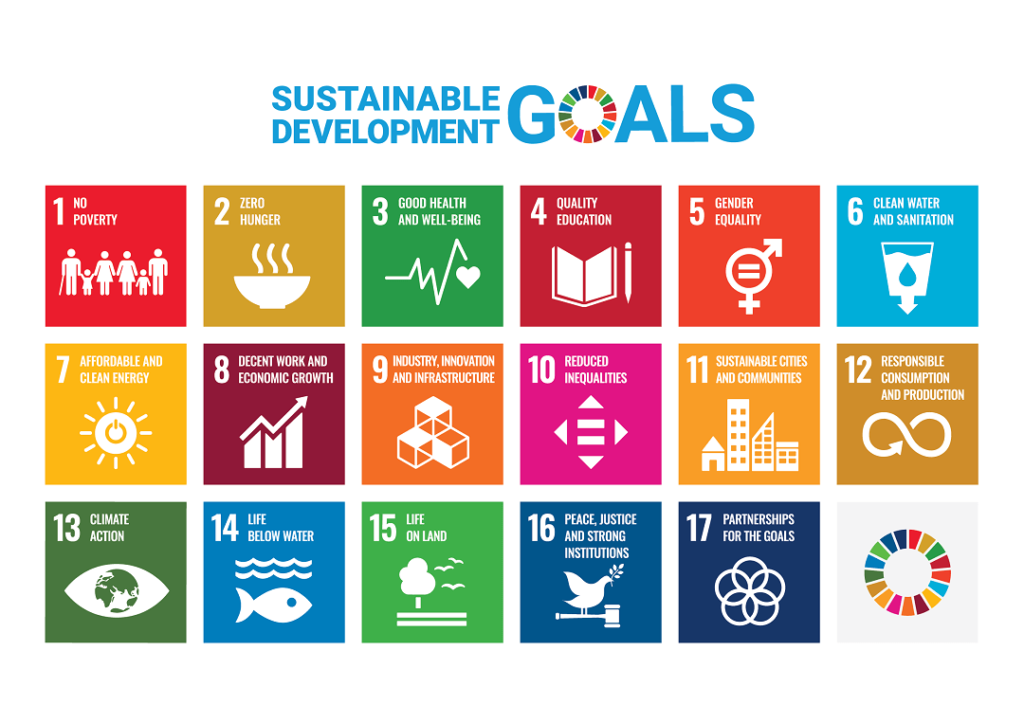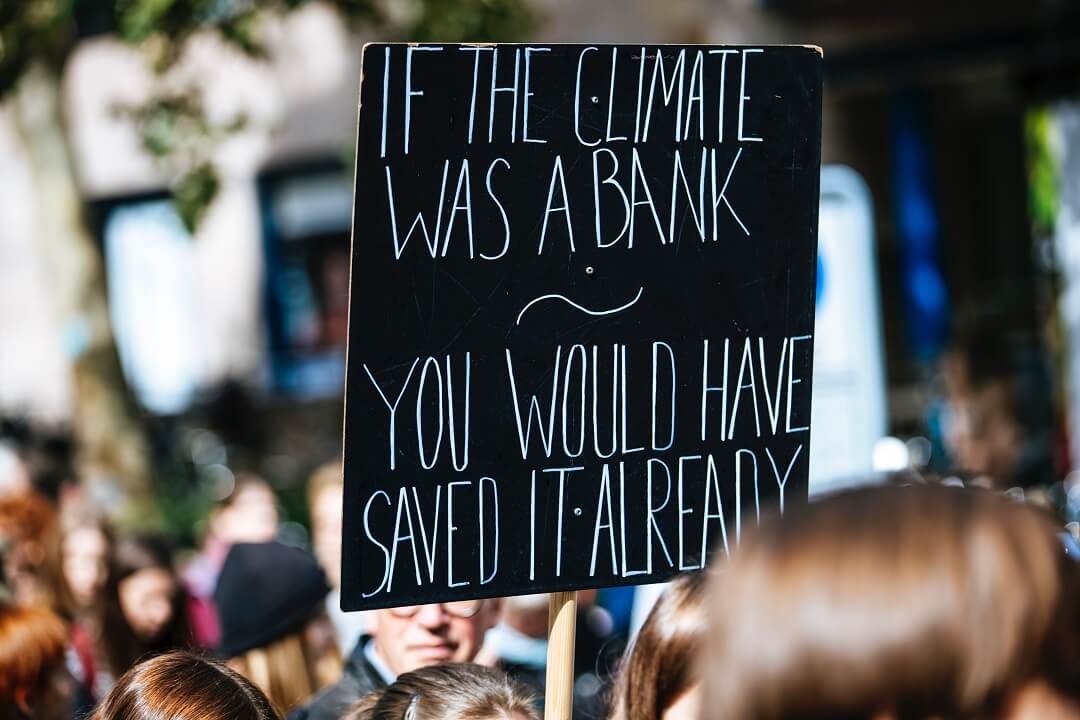It seems like sustainability is the buzzword of the day. Everyone in business is looking at ESG (that’s Environmental, Social, and Governance) and sustainability to build their credibility in the marketplace.
Sustainability is becoming an integral component of operating a business. Clients, shareholders, and other stakeholders demand that businesses act responsibly and with the environment in mind. However, it’s not enough to be seen acting (ticking a box will only get you so far); you need to walk the talk.
Sustainability increases business profit
Sustainable practices aim to reduce the footprint on the environment. There is growing research to support the notion that sustainability and profitability are closely linked.
A report released by NTT earlier this year found that 44% of companies experienced increased profits due to sustainability practices.
Research by Capterra found that 61% of consumers are influenced by the sustainability practices of a business or organisation.
Businesses must look at, assess and reduce their environmental impact. They are being held accountable for their actions and inactions.
The United Nations Sustainable Development Goals are a good framework for business owners to understand sustainability and how the goals intersect with health and education, reducing inequalities and poverty whilst improving the economy.

Small businesses usually don’t have the resources to implement big, long-winded, costly sustainability plans. But that doesn’t mean you can’t implement a leaner version.
Here are a few simple things you can do today to begin your journey and incorporate sustainability into your small business.
🌿 Offset your carbon emissions
At first, this may seem overwhelming. However, businesses exist to help you calculate your carbon emissions. Trace offers this service, and best of all, it’s free to calculate. You only pay if you accept their quote to offset your emissions.
Now, I will mention this process may be a little more involved for product-based businesses. However, Trace has an excellent support team who will assist you with every step. Suppose your business operations are a little more involved. In that case, you can also engage consultants like Pangolin Associates, who will guide you through the process.
You can seek out organisations, like Go Neutral, Greenfleet Australia or Carbon Positive Australia, who help offset carbon emissions like your motor vehicle or aeroplane travel.
But, it doesn’t stop there. It’s a good idea to interrogate your business practices and see where you can start to cut down your carbon emissions rather than simply offsetting them.
🌿 Buy local
Buying and sourcing your products locally means cutting down on emissions transmitted during shipping.
🌿 Implement a paperless office policy
This can be a hard one at first, especially for people like me, who are tactile and like to feel and see the paper in front of them. But you can ease yourself into it. And, if you need to print, then:
- only when required;
- print double-sided and in black and white;
- use recycled paper; and
- have printer cartridges refilled and recycle cartridges when you’ve finished with them.
🌿 Use recycled business cards or a digital card
While business cards don’t seem as popular as they used to be, I have found they are still handed out at networking events and meetings.
There are a couple of options for business cards. You can ensure you have ones printed on recycled paper and even ones that use eco ink. I have my cards printed by Sustainable Printing Co as they offer recycled cards printed with eco ink and use green electricity.
I have recently started using an electronic business card by Speak Digital. It eliminates the need for multiple cards. Instead, you pull out the card, the person taps their mobile against it, and your contact details are transferred to their phone, along with all your website and social media handles.

🌿 Have a recycling and compost bin in the office
Having a recycling bin in the office is a no-brainer these days. Your standard waste provider will be able to provide one.
It’s also a great idea to add a compost bin. Whilst many councils are yet to roll out the FOGO system to business, you can have this bin at work and take it home to compost. And, for those who work at home, you will likely have a compost bin already.
🌿 Engage with suppliers
Do you know if your suppliers incorporate sustainability into their small businesses?
Evaluate your supply chain and determine if your suppliers follow any sustainable practices. If not, ask them why and what their plans are. If they show no interest in moving towards more sustainable practices, then start to look around at other suppliers who do.
If you’re unsure where to start, search the B Corp directory. B Corp’s are purpose-driven and certified organisations. They have been audited and confirmed as acting sustainably and with social responsibility.
🌿 Reduce energy use
Reducing your energy will be good for the environment and reduce expenses. Ideas to reduce your energy are:
- Turn off lights when you’re not in a room, or open a curtain for natural light.
- Install sensor lights in low-use areas. That way, the lights only turn on when a person walks in.
- Turn off equipment when not in use.
- Turn down the air-conditioner, or better yet, open a window.
- Install LED lights for longer-lasting and more efficient use.
- Consider purchasing a hybrid or electric car when you upgrade next.
- Carpool to your next event.
- If possible, look at solar and wind options for energy supply.
🌿 Supply reusable containers in your organisation’s kitchen
Employees often head out to grab takeaway for their lunch when working in an office. Rather than having their lunches in disposable containers, you can stock the kitchen with reusable containers. Replated is a business that educates and supplies individuals and business owners to use reusable containers for takeaway.
🌿 Use eco packaging
If you’re a product-based business, you likely need to provide your goods wrapped in something, especially when posting it. Several companies specialise in eco-packing and eco mailers to post your goods. Check out Hero Packaging, Heapsgood, and BioPak.
🌿 Learn and educate
Continue to seek out new ways to be sustainable. Read articles, listen to podcasts, and talk to friends and families. And, when you have the knowledge to share, educate those around you.
Plan and track your progress
Sustainability in business is a circular process, as seen in the diagram below.

First, you implement a process, program or policy and monitor it. Then, at set intervals, you evaluate its progress and then amend or adjust it to improve it. The process then starts again.
Implementing a sustainability plan is a great way to set your business’s goals and remain accountable. Involve your staff and get their buy-in to maximise your business impact. And the good thing is that many of your initiatives can be implemented at home – which is excellent if you have a remote workforce.
By caring for the planet, people, and profit, a business can set itself apart from other businesses. It also leads to a more profitable and purposeful business that positively impacts the environment and the community.
So let’s not leave it to big businesses to solve our environmental issues – SMEs account for 99.8% of business in Australia. Imagine the collective impact we can have if we all started considering sustainability practices as a core element and value of our business strategy.
Contact me today if you want help in becoming more sustainable and mapping out an action plan.


0 Comments